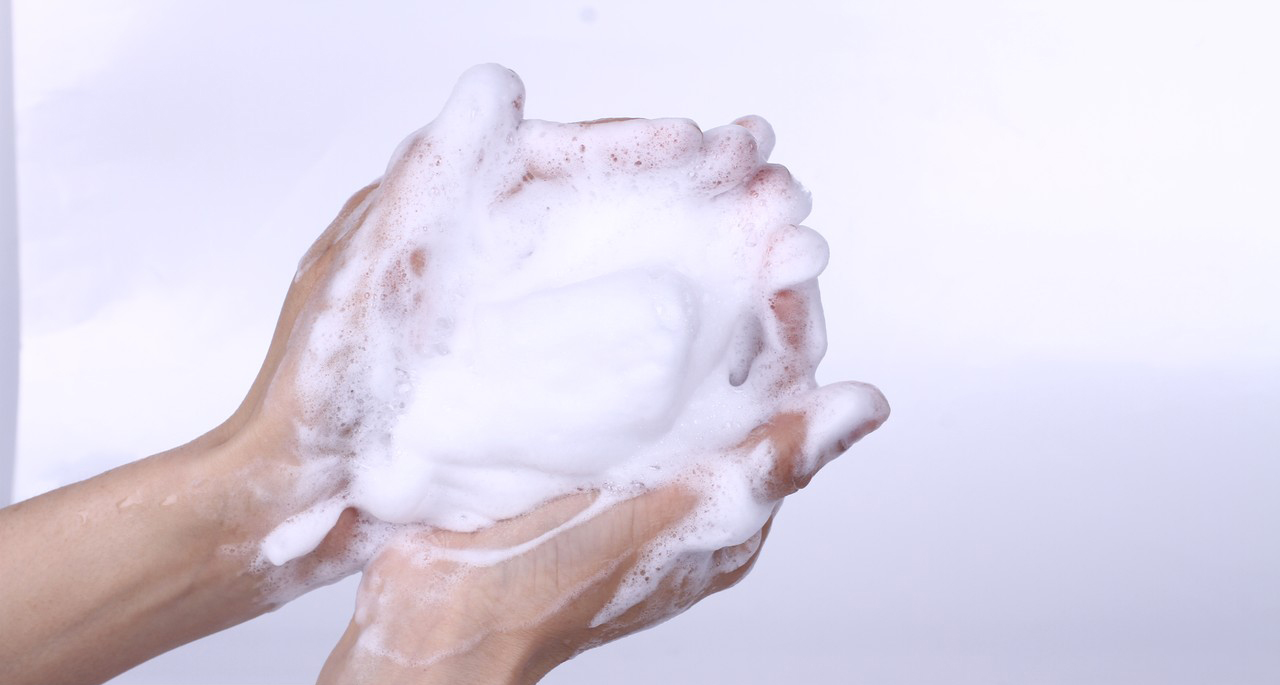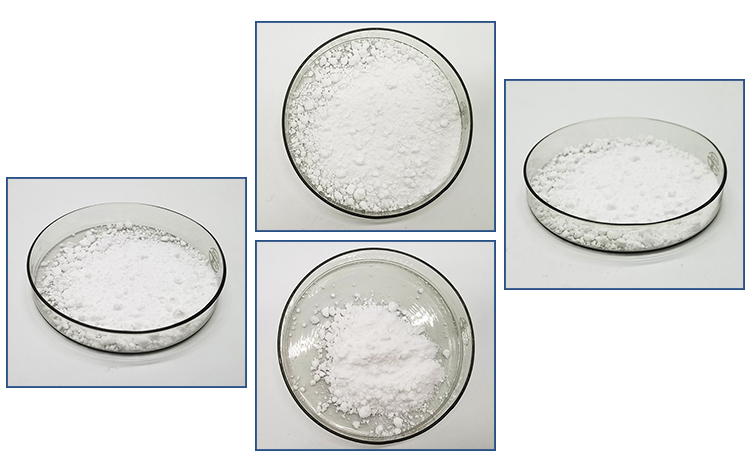Cocoyl Glutamic Acid is a surfactant commonly used in skincare and personal care products. It’s derived from coconut oil and glutamic acid, an amino acid. Here are some pros and cons of using Cocoyl Glutamic Acid:
Pros of Cocoyl Glutamic Acid
1.Mild and Gentle:
Cocoyl Glutamic Acid is known for being a mild surfactant. It’s gentle on the skin, making it suitable for sensitive skin and baby products.
2.Biodegradable:
It is environmentally friendly due to its biodegradability, which means it breaks down easily in the environment without causing harm.

3.Moisturizing:
It has moisturizing properties that help maintain the skin’s natural moisture barrier, preventing dryness and irritation.
4.Non-irritating:
Due to its gentle nature, it is less likely to cause irritation compared to harsher surfactants like sodium lauryl sulfate (SLS).
5.Versatile:
It can be used in various products, including shampoos, facial cleansers, body washes, and baby care products.
6.Good Foaming Properties:
Despite being gentle, it provides good foaming action, which is often desirable in cleansing products.
Cons of Cocoyl Glutamic Acid
1.Cost:
It can be more expensive than traditional surfactants like SLS, which might increase the overall cost of the product.
2.Formulation Challenges:
Formulating with Cocoyl Glutamic Acid can be more challenging compared to other surfactants, potentially requiring additional ingredients or steps to achieve the desired product consistency and performance.

3.Availability:
It might not be as widely available as more common surfactants, potentially limiting its use in certain markets or products.
4.Performance in Hard Water:
Like many surfactants, its effectiveness can be reduced in hard water conditions, which can affect its cleansing ability.
Summary
Cocoyl Glutamic Acid is an excellent choice for gentle, moisturizing, and environmentally friendly personal care products. However, its higher cost and formulation challenges can be drawbacks. It is particularly beneficial for those with sensitive skin or those looking for eco-friendly alternatives in their skincare routine.
